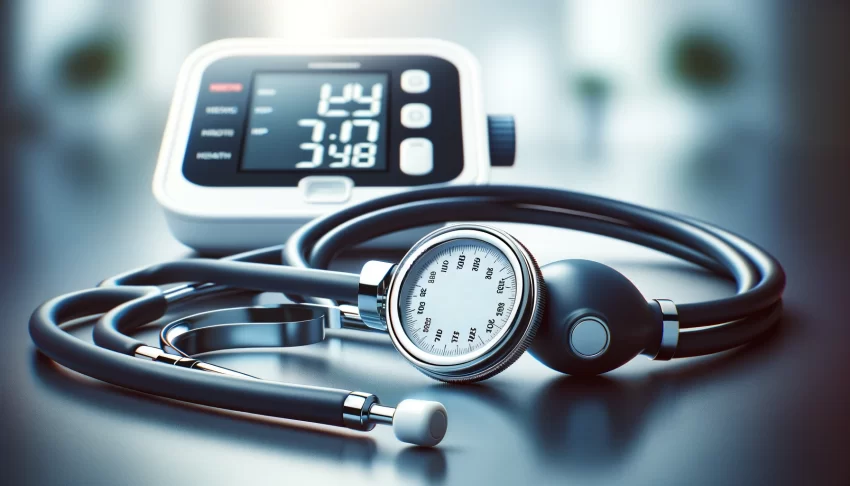As per recent studies, the excessive intake of sugar and artificially sweetened beverages is associated with an increased risk of developing atrial fibrillation (AFib).
In research published in Circulation: Arrhythmia and Electrophysiology, a journal by the American Heart Association, researchers analyzed data from the UK Biobank and found a 20% higher risk of AFib among individuals consuming two liters or more per week of artificially sweetened drinks.
The research, led by Ningjian Wang, M.D., Ph.D., a researcher at Shanghai Ninth People’s Hospital and Shanghai Jiao Tong University School of Medicine, also suggested a 10% higher risk among people consuming similar quantities of sugar-sweetened beverages.
Dr. Ningjian pointed out that consuming fewer sweetened drinks, especially artificially sweetened beverages and those rich in sugar, might reduce risks associated with heart health. The research team, however, did not confirm a direct causation between sweetened drink consumption and AFib although their prevalence was evidential after considering genetic susceptibility data.
The study, whilst not investing in causational provenance, did highlight that drinking one liter or less per week of pure orange or vegetable juice significantly decreased the risk of AFib by 8%.
Existing research already links consumption of sweetened drinks with type 2 diabetes and obesity, but the study by M.D. Ningjian and his team delivers a substantial correlation with irregular heart rhythms.
The study also identified potential risk demographics. Participants consuming more artificially sweetened beverages were usually females, younger, and exhibited a higher Body Mass Index (BMI) with a higher prevalence of Type 2 diabetes. Participants consuming more sugar-sweetened beverages were often males, younger, with a higher BMI, prevalent heart disease, and lower socio-economic status.
This association between sweetened beverages and AFib is viewed seriously given the condition increases the risk of stroke by five-fold. According to the study, more than 12 million people globally are expected to live with AFib by 2030.
The detailed analyses expanded a previous advisory by the American Heart Association in 2018 advocating against prolonged consumption of low-calorie sweetened beverages, especially by children.
Echoing Dr. Ningjian’s potential health risks with “low-sugar” and “low-calorie” artificially sweetened beverages, the American Heart Association’s 2016 dietary guidelines aligned with the U.S.D.A.’s 2020-2025 Dietary Guidelines for Americans also recommended minimizing sugar-sweetened beverage consumption. Both identify water, fat-free or low-fat milk, and unsweetened fruit juice as healthier beverage options.
Though the research spotlights crucial health information, more exploratory research is necessary to fully understand the correlation between sweetened drink consumption and heart disease. Until then, medical professionals advise limiting the consumption of artificially sweetened beverages and promoting water as the healthiest drink option.
The UK Biobank is a large biomedical database of health records for about 500,000 adults, enrolled from 2006 until 2010, who lived in the UK and accessed health care through the U.K.’s National Health Service. Researchers reviewed data from 201,856 participants ranging in age from 37 to 73 years old.
*Data Analysis:*
During the almost 10 years of study, researchers found 9,362 instances of AFib among the participants. Analyses encompassed dietary questionnaires, and genetic data was collected to measure genetic vulnerability to AFib.
Reference 1: American Heart Association Press Release
Reference 2: MSN.com Evening Standard Story by Daniel Keane
Reference 3: Toronto Sun Postmedia News

